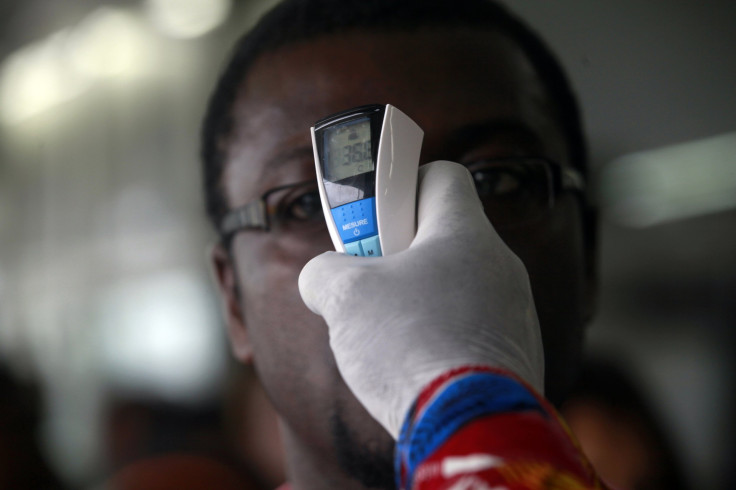World Health Organization Calls On Ebola-Hit Countries To Screen Departing Travelers For The Disease

Countries suffering from the Ebola outbreak should screen passengers departing from airports, seaports and international border crossings for signs of the virus, the World Health Organization recommended Monday.
The announcement comes after the death toll from the epidemic in the West African countries of Guinea, Liberia, Nigeria and Sierra Leone reached 1,145 last week, according to the U.N. health agency. The outbreak was first detected in March of this year. The illness has a fatality rate of up to 90 percent.
"Affected countries are requested to conduct exit screening of all persons at international airports, seaports and major land crossings, for unexplained febrile illness consistent with potential Ebola infection," the WHO said in a statement. "Any person with an illness consistent with EVD [Ebola virus disease] should not be allowed to travel unless the travel is part of an appropriate medical evacuation. There should be no international travel of Ebola contacts or cases unless the travel is part of an appropriate medical evacuation."
Symptoms of Ebola include a sudden onset of fever, weakness, muscle pain and headaches. Vomiting, diarrhea and bleeding may follow. In a meeting earlier this month, the WHO outlined that exit screenings should consist of "at a minimum, a questionnaire, a temperature measurement and, if there is a fever, an assessment of the risk that the fever is caused by Ebola virus disease."
Despite the suggested precautions, the WHO did not call for any other travel restrictions and emphasized that "the risk of a traveler becoming infected with the Ebola virus during a visit to the affected countries and developing disease after returning is very low, even if the visit includes travel to areas in which cases have been reported."
“Transmission requires very close contact with bodily fluids, like blood or mucus,” Mark Gendreau, a physician who specializes in aviation medicine, told NPR. “You need prolonged contact with somebody.”
© Copyright IBTimes 2024. All rights reserved.





















